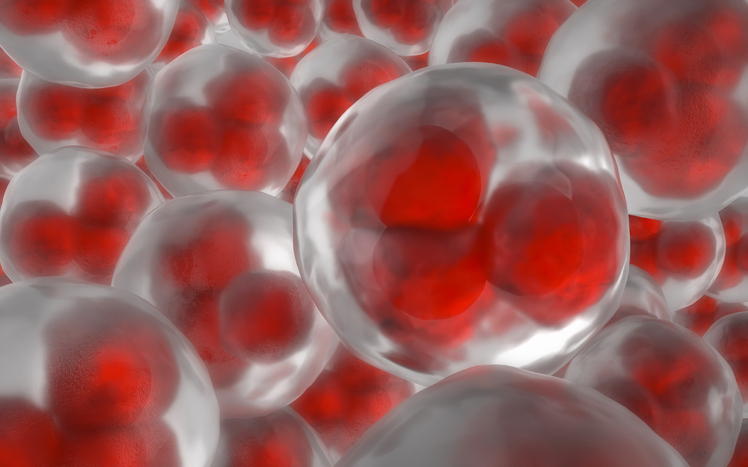The Oregon Health and Science University (OHSU) in Portland has just announced the genetic editing of “a large number of human embryos at the single-cell stage”[1] using CRISPR, a tool that allows genes to be modified “quickly and efficiently”. This is the first known attempt involving human embryos in the United-States. The results of the study led by Doctor Shoukhrat Mitalipov[2], Head of the Embryo Cell and Gene Therapy Centre at OHSU, should “soon” be published in a scientific journal. They showed that the scientists have “effectively improved human embryo DNA” by correcting defective genes that cause hereditary diseases. They appear to have been successful in circumventing problems of mosaicism and “off-target” effects by injecting CRISPR at the time of fertilisation. For Technology Review, the first medium to announce that embryos were destroyed after a few days, this constitutes the initial step towards “the birth of the first genetically modified human”.
To date, all previous research of this type has been carried out in China since 2015 (see China stands firm and intends to continue the genetic handling of human embryos). “Mixed results were obtained”. In December 2015, during an international meeting, scientists and ethicists announced that it would be “irresponsible” to use CRISPR on human embryos for therapeutic purposes since safety problems surrounding the technique had not been resolved. However, a few months ago, the American Academies of Medicine and Sciences published a report interpreted as a “green light” for modifying the germ line (see Human genome editing: a call for caution but no ban by American Academies).
[1] “Several dozens” of human embryos were allegedly created by IVF for this study using the sperm of men with hereditary disorders.
[2] Doctor Mitalipov is known to have cloned monkeys in 2007 (see Birth of first “chimeric monkeys”), followed by human embryo cloning in 2013 (see Creation of human embryo stem cells: a return to so-called therapeutic cloning).
Reuters, Deena Beasley (27/07/2017); Technology review, Steve Connor (26/07/2017)

